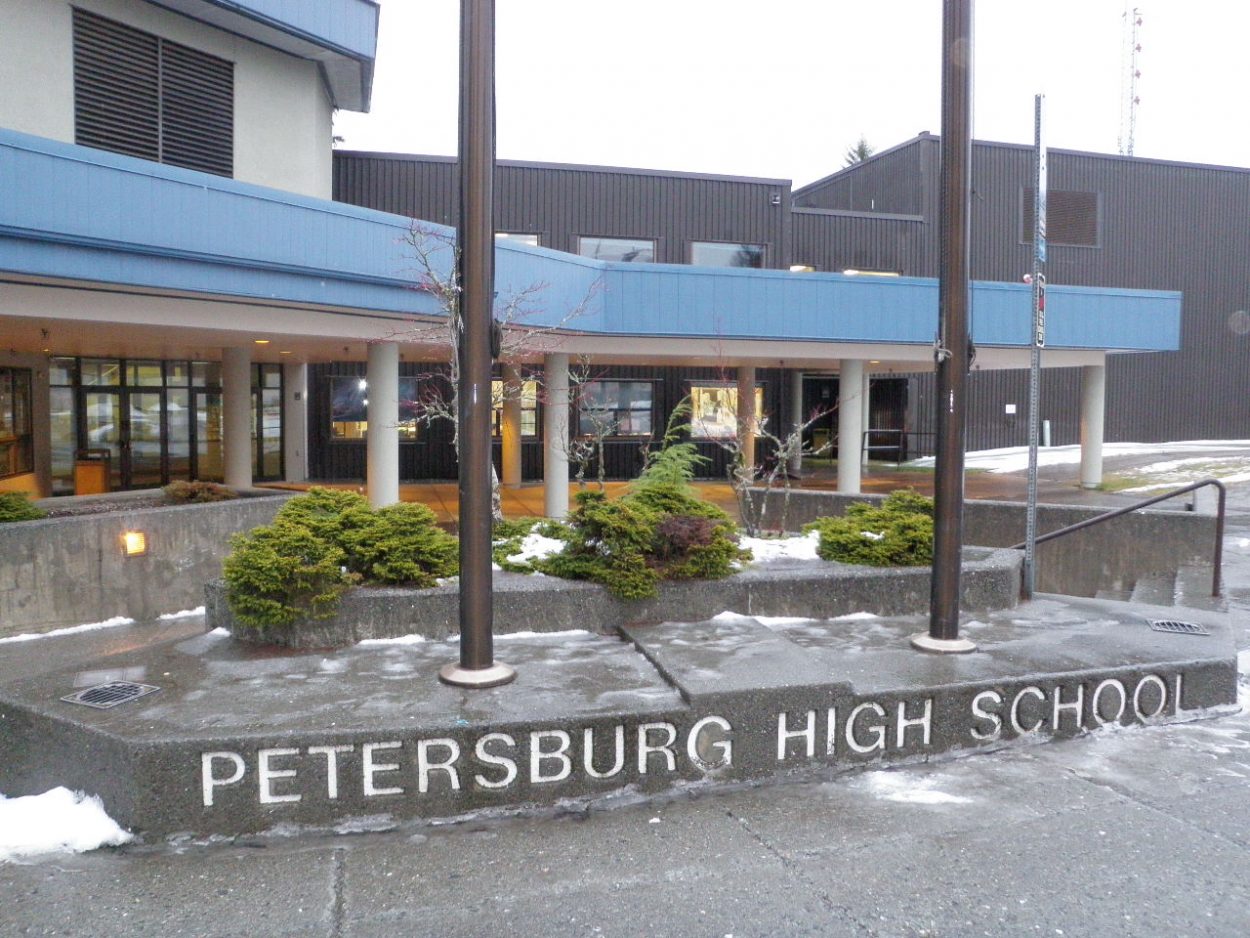A program that provides millions of dollars in federal funding to Petersburg and other rural Alaska communities will run out of the money if Congress doesn’t act in the next few months. Some plans to renew the Secure Rural Schools funding have already come forward, but Petersburg officials are not counting on future payments just yet.
The program was established in 2000 to compensate rural communities for declining revenue from timber harvests. And for Petersburg, the program’s funding is a big deal. It counts for about a third of the borough’s education budget, and it provides money for roads and other projects, too. Last year, Petersburg received just over one million dollars from the program, with nearly all of it going to schools.
But funding for next year is more uncertain. Congress has yet to pass a bill extending the program. And Petersburg officials don’t know much about its status. But Sebastian O’Kelly, who’s one of Petersburg’s lobbyists in Washington, D.C., says that lately, things are looking up.
“Nothing is certain in this business,” O’Kelly says. “But the general view at the moment is that there is a good chance of there being a one-year extension.”
That’s a yes to extending the program for another year, but it’s a very tentative yes. And O’Kelly says that what that extension will look like is still uncertain.
“So we don’t know yet in what form that will take or the timing of it or what bill that extension would be attached to,” O’Kelly says. “That’s all up in the air at the moment and probably won’t be out until later this year.”
O’Kelly says there are a lot of factors that need to be sorted out before there’s a formal plan in place. And arguably the largest of those factors is the federal government’s sequester budget cuts, which went into effect earlier this year.
The cuts have impacted the program already. In May, the Forest Service requested that Alaska return about five percent of the funding for this year, though Governor Sean Parnell objected to that.
O’Kelly says that if the federal government doesn’t get rid of the sequester cuts, it could possibly lead to a reduction in payments for next year, too.
“Next year, and I suspect that probably the way the Forest Service would implement would be to not send out checks to the states and ask for money back,” O’Kelly says. “They would just take the sequester demand out of the funding up front and then send that amount to the state for distribution for communities.”
In Petersburg, dealing with uncertainty around the program has become something of an annual tradition. Congress hasn’t passed a long term extension of the program since 2011. It’s just passed one-year extension after one-year extension. So every year, at around this time, it’s the same thing: Petersburg worries about losing the payments, until Congress finally re-authorizes the program at the last minute. Nevertheless, the borough still hasn’t budgeted for any Secure Rural Schools funds for the upcoming year.
Steve Giesbrecht is Petersburg’s borough manager. He says he’s worried about cuts to the program, but he’s not panicking. That’s because Petersburg has a roughly three million dollar surplus. That’s a fund the borough uses for special projects, but it can also be used to cover budget deficits if federal funding goes away.
“And that would then allow us some time to arrange for alternate financing in a way that was not such a huge shock to somebody,” Giesbrecht says. “So we have time, but we’re concerned.”
If there’s only a small cut to the funds – something like five percent – Giesbrecht says the borough could manage and adapt relatively easily. But Petersburg School Superintendent Rob Thomason says that even with that surplus fund as a safety net, a five percent cut would still put a dent in the roughly half a million dollars the school receives each year.
“Now, five percent of $500,000 would be $25,000,” Thomason says. “On the short term, for us, that’s half of a classified position. That’s a lot of money. Would it ruin our system? No. Would it compound year after year after year after year, and that’s that slope versus cliff, yes.”
Borough manager Giesbrecht says that ideally, he’d like to see a long-term extension of the program instead of the year after year reauthorizations. That way, he could plan for the future without worrying about federal revenues. A few long-term extensions have been proposed in Congress in recent years, but none have been enacted. As of now, Giesbrecht says Petersburg is in good shape, though he’ll keep an eye on Washington in the near future.













